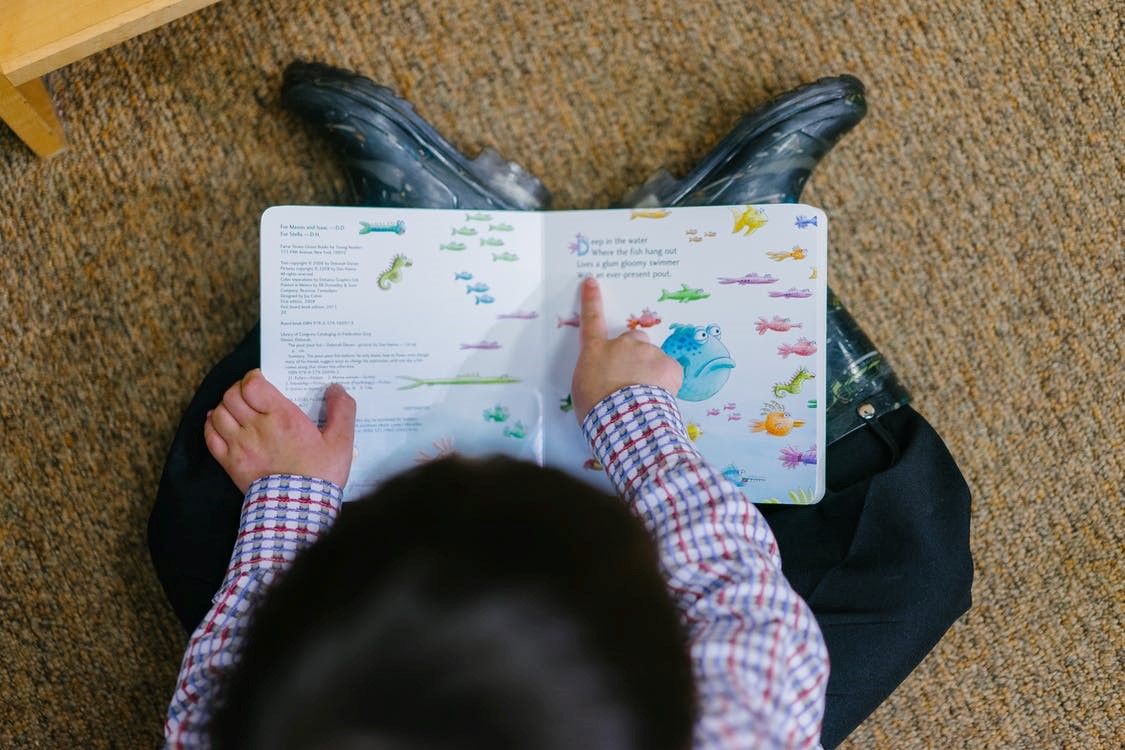Although the classroom is the primary and most effective source of learning, intellect and academic and social growth, your child’s personal development should extend beyond the four walls of the classroom.
The following tips are proven to help your child learn at home effectively as well:
Participating in Discussions
The easiest way to get involved in your child’s learning is to have regular conversations and discussions at home. As a parent, you should ask questions about how your child’s day at school went, not in a prying way, but in a way that shows you are interested in what they learned. This can also help your child open up to you and express their likes, dislikes, and educational concerns.
When children feel like they are not being heard, they become detached from the learning process. Learning at home involves parents letting their children know of their opinions and interests so that they can be open about their learning experience without fear of being judged, ignored or discouraged.
Reading With Your Child
Children who develop a reading habit, develop a love of learning. Reading not only improves your children’s vocabulary, but it also improves their knowledge and creativity and helps their brain understand difficult concepts. Students who read are known to have a better aptitude in all subjects, including maths, science, and technology.
If you have young children, read a picture book with them. If your child prefers to do their reading by themselves, give them some quiet time to do so or even let them join a book club.
Children become good readers when reading is fun — not a chore.
Focus on Strengths
If you want to encourage your child to learn at home, find what things interest them and encourage them to explore those subjects. If your child likes robots, help him/her find good books, toys and movies on robots. You can then question them on the kind of robots they like best and show you why they chose them.
Focusing on your child’ strengths can help them to pursue learning. On the other hand, focusing on their weakness may also discourage them from learning.
Educational Visits
Make a habit of doing academic-related but fun activities with your kids, such as taking them to the museum or an exhibit. Free your evenings, take your kids to a park, and perhaps look through a telescope identifying the various constellations. You will be surprised how much your child will enjoy these activities.
Get Organised
Helping your child organise their books, assignments and stationery will prevent your child from feeling overwhelmed and make him/her more motivated to learn. If your child brings home a science project that covers their whole room floor, help them make a space for it. Overwhelmed children become easily frustrated and lose their interest in studying.
As a parent, you should make your home a welcome place for learning, where all interests and your child’s personal growth are supported.


Leave A Comment
You must be logged in to post a comment.